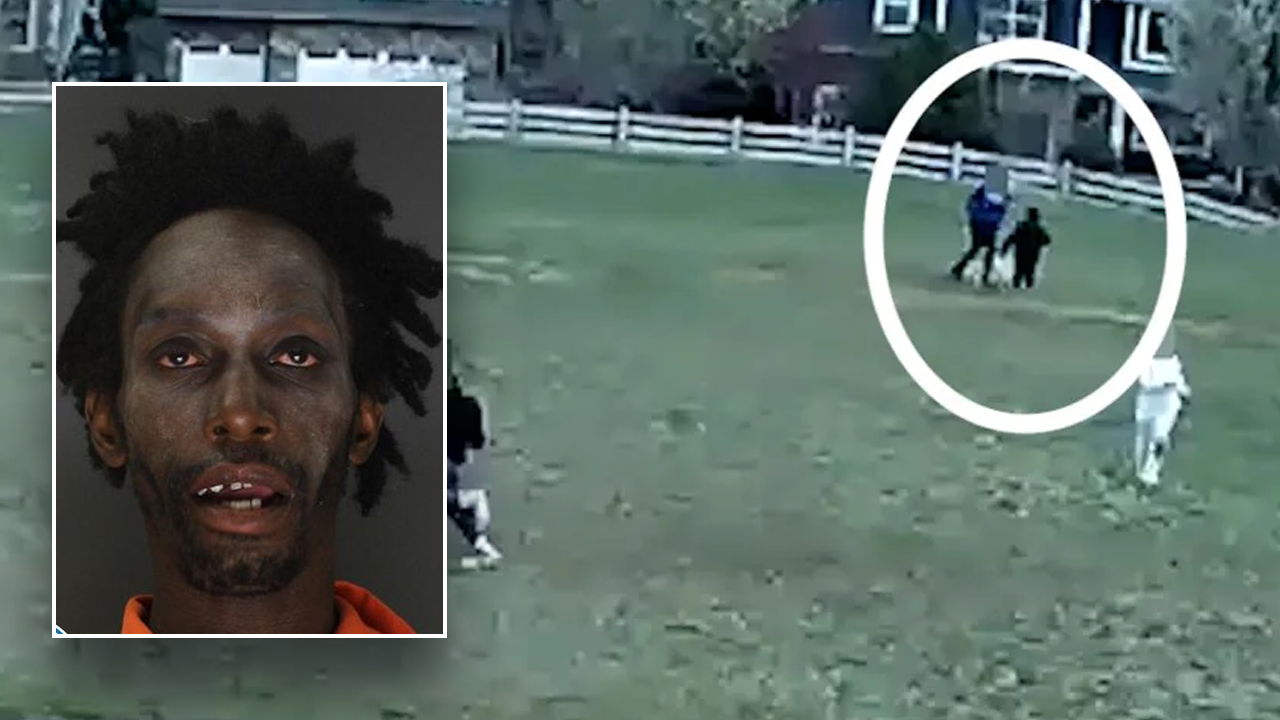DOJ Files Amicus Brief Supporting Pro-Second Amendment Challenge

For perhaps the first time in United States history, the Department of Justice (DOJ) has joined a petitioner as an amicus party to defend American gun rights.
On May 1, the DOJ filed an amicus brief with the United States Supreme Court in support of a petition for writ of certiorari in Wolford v. Lopez. The case challenges a Hawaii law passed in retaliation for the landmark 2022 ruling in New York State Rifle and Pistol Association v. Bruen, prohibiting citizens from carrying firearms on publicly accessible private property without the owner’s express permission. Masquerading as a property rights measure, the law amounts to nothing more than a concealed carry ban that applies to most of the state, as business owners and facilities in general do not post signs informing the public that guns are welcome.
Since Bruen, Supreme Court Justices have been reluctant to accept gun rights cases in which the lower courts have yet to issue a ruling on the underlying merits, referred to as the interlocutory phase, where Wolford currently stands. However, Dean John Sauer, the United States Solicitor General, did not let this stop him from arguing that the High Court should not treat the Second Amendment with less respect than any other Constitutional issue.
“The preliminary-injunction posture in which this case arises should not deter this Court from granting review. The court of appeals did not decide this case in haste; to the contrary, it issued an 81-page opinion nearly a year after petitioners appealed… The court’s decision also turned on the merits; the court explained that it “need not consider” the equities because petitioners were not likely to succeed in challenging the default rule… And since the court’s merits analysis all but foreordains the final outcome, further proceedings in the lower courts would serve no useful purpose. This Court often considers constitutional issues in the context of preliminary-injunction proceedings; no sound basis exists to treat Second Amendment issues differently,” Sauer wrote.
Seeing the law for exactly what it is—a petulant attempt to subvert the Bruen decision—Sauer says that the prohibition violates Americans’ Second Amendment rights and that the Supreme Court should strike down the Hawaii carry law.
“The Second Amendment, which binds the States by virtue of the Fourteenth Amendment, provides: ‘A well regulated Militia, being necessary to the security of a free State, the right of the people to keep and bear Arms, shall not be infringed.’ In NYSRPA v. Bruen, this Court held that the Second Amendment guarantees ordinary Americans a ‘general right to publicly carry firearms’ for lawful purposes such as self-defense… As eight judges correctly recognized in dissenting from the denial of rehearing en banc, Hawaii’s private-property default rule violates—in fact, functionally eliminates— that right,” Sauer continued.
In a notably less abrasive and more diplomatic tone than yours truly, Sauer dresses down the Justices for their cowardly display of kicking Second Amendment rights clarification can down the road. He points out that Wolford provides an opportunity to settle costly and hotly contested legal battles over American gun rights, which the Court failed to do in Bruen and United States v. Rahimi, a casein whichthe majority of Justices ignored due process and ruled that federal law prohibiting individuals subject to domestic violence restraining orders from possessing firearms is Constitutional under the Second Amendment.
“Finally, granting review in this case would allow this Court to provide much-needed guidance to lower courts. Since the foundational decisions of Heller and McDonald in 2008 and 2010, the Court has granted plenary review in and decided only two Second Amendment cases: Bruen and Rahimi. Without a developed body of precedent on which to rely, lower courts ‘have struggled’ to interpret the Second Amendment… Rahimi provided valuable guidance, but multiple Justices have recognized the need for more… So, in the year since Rahimi, have many judges on the courts of appeals and the district courts. Rahimi began the process of clarifying who may possess arms… This case affords an opportunity to begin addressing where arms may be carried. And the Court should, in an appropriate case, also provide a framework for evaluating what types of arms people may possess… The Court’s consideration of those important questions would help lower courts seeking to interpret the Second Amendment, legislatures seeking to comply with the Constitution, and (most important) ordinary Americans seeking to exercise their fundamental right to possess and carry arms for lawful purposes such as self-defense,” Sauer wrote.
With liberal states obviously colluding to retaliate against and subvert any Supreme Court ruling defending the Second Amendment, this attempt by Hawaii lawmakers is not uncommon. It occurs in concert with laws passed by leftist toilets around the country after the Bruen decision invalidated selective licensing procedures in these states as unconstitutional.
“Review is especially warranted because Hawaii is just one of multiple States that have enacted such laws since Bruen. Bruen identified six outlier States that had maintained the type of may-issue licensing regime that the Court struck down… Five of those States—Hawaii, California, Maryland, New Jersey, and New York—then reacted to Bruen by enacting the type of default rule at issue here,” Sauer explains.
Considering the spirit of what Bruen was meant to accomplish, the egregious nature of now making it illegal for Americans, including permit holders, to carry on publicly accessible private property without express permission from the owner is a move that Sauer argues makes it nearly impossible for law-abiding citizens to exercise their right to carry a firearm for lawful self-defense.
“As a practical matter, the default rule operates not just as a broad restriction but as a near-complete ban. Because most owners do not post signs either allowing or forbidding firearms, the rule effectively means that ordinary citizens may not carry firearms on any private property, even property open to the public. That restriction deprives individuals who want to exercise their Second Amendment rights of their ability to ‘go about their daily lives.’ A person carrying a firearm cannot pick up a cup of coffee, get lunch at a drive-through restaurant, stop for gas, enter a parking lot, go into a store, buy groceries, or engage in other routine tasks that require setting foot on private property. When asked where people could carry firearms under a New York law that resembles Act 52, the Governor of New York answered, ‘prob- ably some streets.’ That near-complete ban is flatly inconsistent with Bruen and the long history underlying it. Bruen recognized that an ‘ordinary, law-abiding citizen’ has a ‘general right to publicly carry arms for self-defense.’ Just as States may not limit that right to those who show ‘a special need for self-defense,’ States may not limit the right to ‘those who aimlessly wander the streets,’” Sauer aptly argues.
Second Amendment advocates filed suit attempting to block the law from being enforced shortly after it was passed. However, that proved an unsurprisingly uphill climb in the Ninth Circuit Court of Appeals, which declined the challenge unanimously in September 2024 via a three-judge panel. A subsequent request to be heard en banc by the entire Circuit was also rejected prior to filing with the Supreme Court.
As an amicus party to the case, the DOJ is required to divulge its interest in supporting the plaintiff’s petition, which Sauer addresses at the brief’s onset.
“The United States has a substantial interest in the preservation of the right to keep and bear arms and in the proper interpretation of the Second Amendment,” he wrote.
As I mentioned earlier, Anne E. Lopez, Hawaii’s Attorney General, foolishly argues that the state is engaged in protecting property rights. Sauer points out, however, that the provision only targets firearms and that express permission on publicly accessible private property is not a requirement for other matters.
“Hawaii’s singling out of firearms confirms that the default rule has nothing to do with protecting property rights. For everything but firearms, Hawaii presumes that owners welcome it on their property unless they affirmatively object. Individuals entering property open to the public presumptively may bring in bicycles, roller skates, protest banners, muddy shoes, dripping umbrellas, melting ice cream cones, open containers of alcohol, boomboxes, dogs, and many other things that owners might not want on their premises. Only if someone wants to carry a gun must he obtain “express authorization” under the arbitrary presumption that all property owners would view guns differently,” Sauer explains.
Sauer further undermines the state’s clear intent, pointing out the absurdity and arbitrary nature of the conduct the law interprets as consent.
“Further undercutting Act 52’s professed rationale, the statute imposes a heightened burden on owners who want to allow firearms on their premises. Under the normal rules of property law, a person may manifest consent through ‘words or acts’—or even through ‘silence or inaction, if the circumstances or other evidence indicate that the silence or inaction is intended to give consent.’ Under Act 52, by contrast, an owner may allow firearms on his property only by giving ‘[u]nambiguous written or verbal authorization’ or by posting ‘clear and conspicuous signage.’ If a person asks an owner whether he may carry a gun, and the owner nods his head in approval, the person still may not bring his gun inside. That result confirms that Hawaii is simply trying to make it harder for people to carry guns,” says Sauer.
Sauer goes even further, calling out Act 52 as a discriminatory measure against law-abiding Americans who choose to exercise their Constitutionally protected rights, causing me to question how Hawaii’s lawmakers might view the same asinine property rights argument as tested against additional protections. Imagine a law that suppresses the freedom of expression, requiring express permission to enter publicly accessible private property wearing a mask, a manbun, or skinny jeans.
“That discriminatory rule manifestly seeks to suppress gun rights, not to protect property rights. It is no more constitutional than a hypothetical law requiring political campaigners (and only campaigners) to obtain a homeowner’s express authorization before walking up the front path and knocking on the door,” writes Sauer.
Nailing the coffin shut, Sauer raises questions as to why certain exemptions to the law create a more privileged class of citizens who need not concern themselves with property rights.
“Hawaii does not explain why off-duty police officers, state employees stopping for coffee on their way to work, or out-of-state retired police officers could override property rights that everyone else must respect, or why property owners would presumptively draw the lines differently for those individuals if their objection were to having guns on their property at all. The exemptions raise ‘serious doubts about whether the government is in fact pursuing the interest it invokes, rather than disfavoring’ the exercise of a constitutional right,” according to Sauer.
While I find the DOJ’s filing of this amicus brief monumental and can’t ignore the fact that it sounds as if a pro-Second Amendment advocacy group wrote it, I have to wonder if it will sway the Justices to take up the case and commit to clarifying American gun rights. Everything about Act 52 is intellectually suspect, down to the idiocracy of assuming it will protect anybody. Violent criminals don’t ask permission, and they won’t hesitate to laugh in the face of express consent. The only things being accomplished by the law are the degradation of the Supreme Court’s authority, making sure that the good guys with guns are never around when you need them, something I’m sure those violent criminals will appreciate.
Read the full article here









